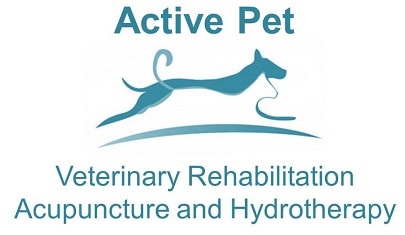Did you think that it represented a balanced view? I thought that it was quite biased and I agree with what the British Veterinary Association has said in reply to the programme, which you can read below.
BVA comment on dog food in the media
31 January 2014

In response to some of the issues raised in the Channel 5 programme ‘The Truth About Your Dog’s Food’ and the Daily Mail article ‘How pet food is killing your dog’, the British Veterinary Association (BVA) has issued the following comments.
On different types of diet for dogs:
“All pets should be fed a nutritionally balanced diet and kept to their normal body weight, and other aspects of health – such as dental health – should be taken into account. We would always recommend that dog owners talk to their vets about different diet options. There is a large choice available and there will be many considerations for owners, including budget and convenience as well as quality and nutrition. Good prepared dog foods are nutritionally balanced.
“As with human food there are trends towards alternative diets and again this should be discussed with a veterinary surgeon. Raw food and home cooked diets are increasingly popular but it can be time-consuming to prepare them as well as difficult to ensure that they are nutritionally balanced and safe, and that all risks are addressed.”
On the sale of pet food in veterinary practices:
“Many practices sell a range of items for pets from toys and beds to leads and food. Margins on the sale of dog food are relatively small – probably in line with other retailers – and these sales can help cover overheads to keep the costs of other veterinary services down.
“By stocking a particular brand of dog food veterinary surgeons are not suggesting that it is the only dog food that should be used; simply that it is a trusted brand. Some vets will also stock dog foods that have been specially formulated to help dogs with particular illnesses.
“Veterinary surgeons are always happy to discuss different diet options with clients.”
On nutrition teaching in veterinary schools:
“The veterinary curriculum does include lectures on pet nutrition delivered by the veterinary schools and in addition some pet food companies provide additional lectures and learning materials.
“In our experience veterinary students are intellectually sceptical individuals undertaking scientific training that teaches them to investigate what they are being told. It is highly unlikely that lectures and information provided by individual companies will have an undue influence on them.”
On food-related health problems in dogs:
“The programme and article claim that nine out of 10 visits to the vet are caused by dogs being fed by the wrong diet but we have not seen any evidence to support this assertion.
“We do hear anecdotally from behaviourists that diet can impact on behaviour but by far and away the biggest concern amongst veterinary surgeons in practice is over feeding leading to obesity. This is primarily a problem of human behaviour and a mismatch between amount of food and amount of exercise.
“Some dog foods are produced to address specific health problems, such as kidney (renal) disease, and veterinary surgeons may recommend these in appropriate cases.
“It is also fairly common practice for veterinary surgeons to recommend a strict exclusion diet to clients to help identify if a particular food is the cause of a health problem.”
On the quality of ingredients in prepared dog foods:
“The programme and article make inaccurate claims about the provenance of the ingredients used in commercial dog foods, describing it as “condemned meat”. It is essential to underline the fact that the meat used in dog food is from carcases deemed fit for human consumption.
“The pet food industry uses the off-cuts of these carcases that are no longer popular amongst consumers for their own food. This is a constructive way to make use of meat cuts that would otherwise become food waste to create nutritious food for pets.”
The manufacture of commercial dog food is regulated by European and domestic legislation and in response to other claims made in the programme and article the Pet Food Manufacturers Association (Pfma) has produced a useful Q&A.

